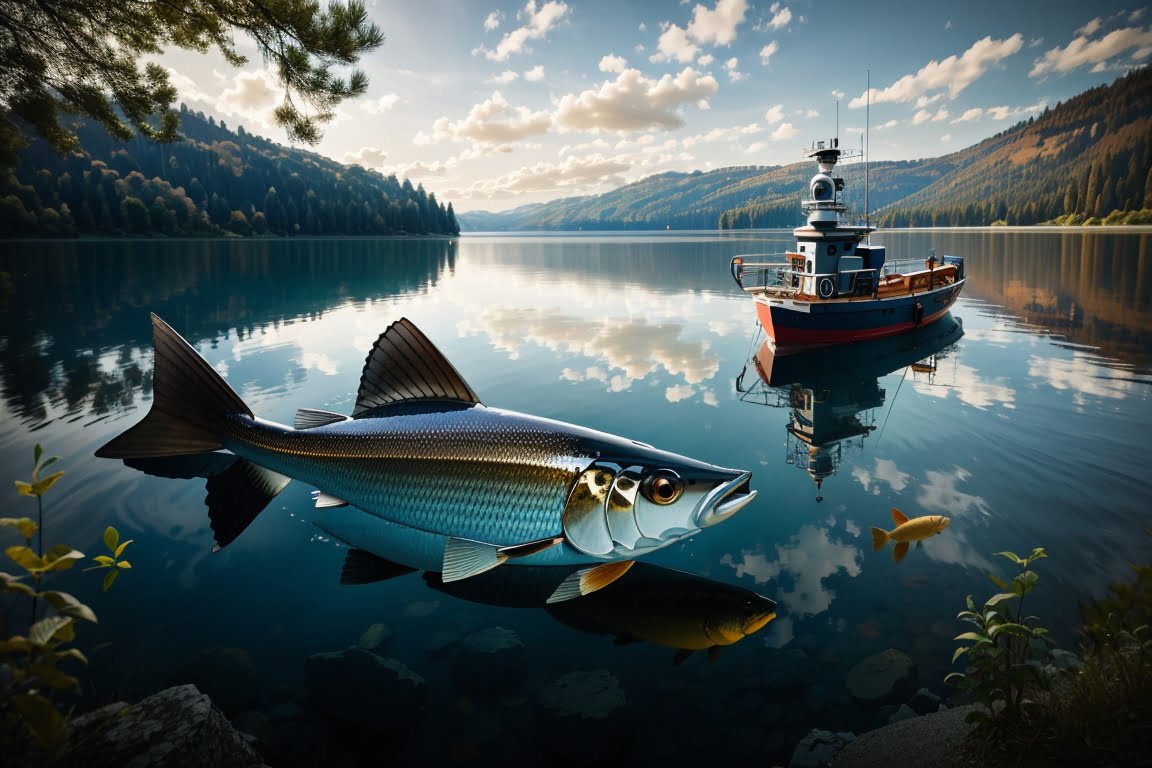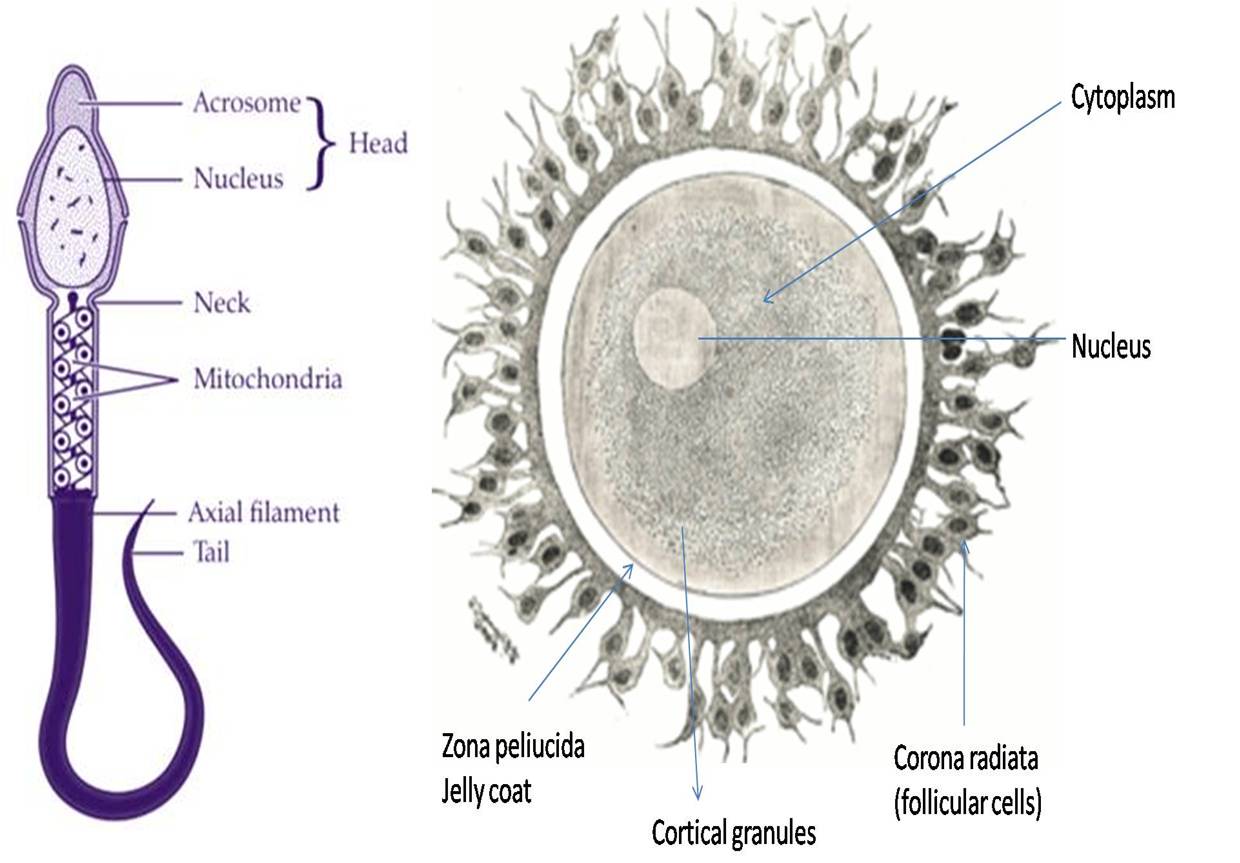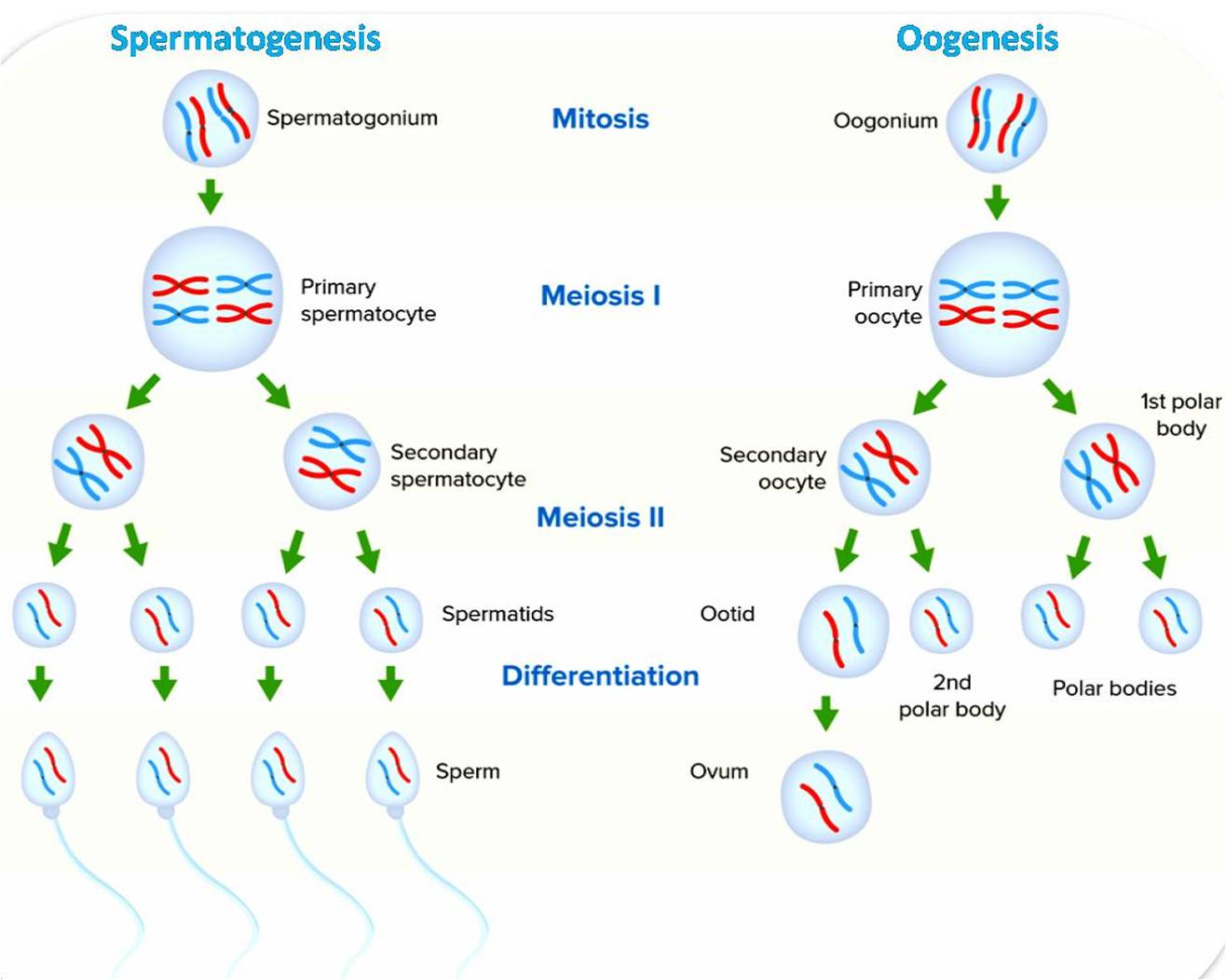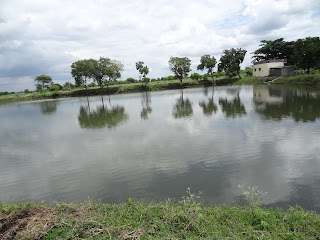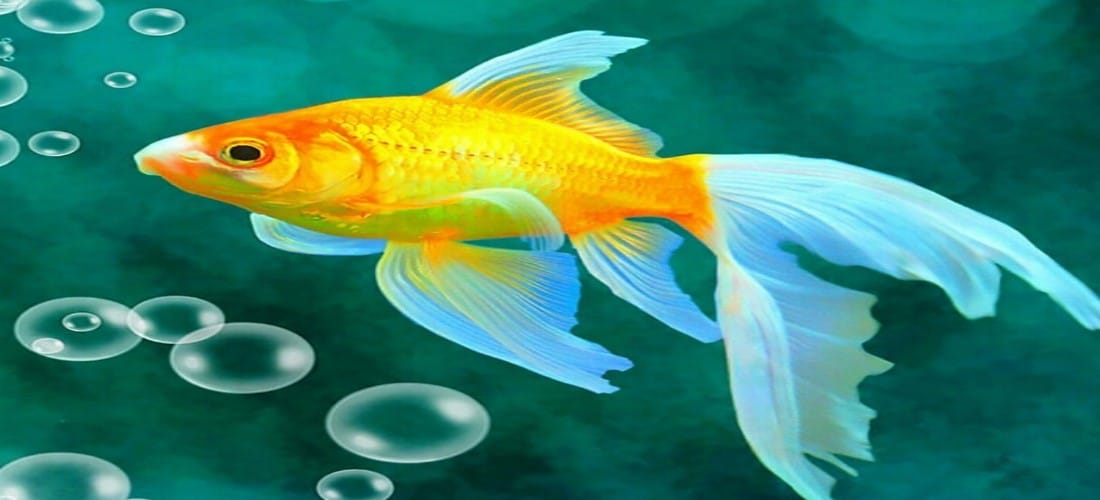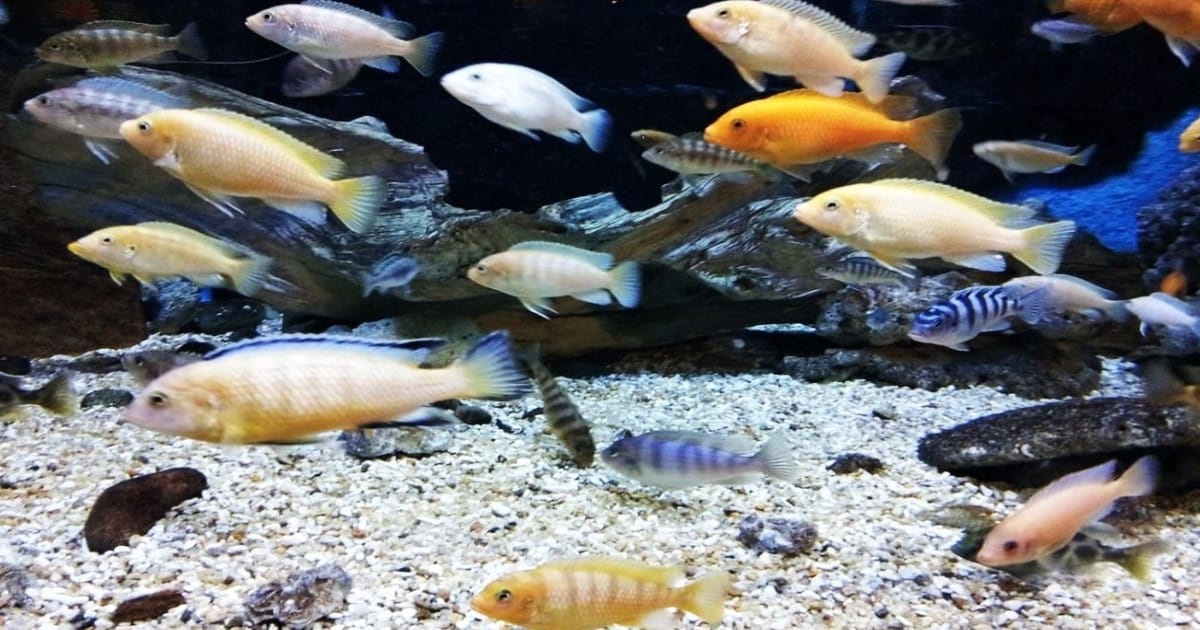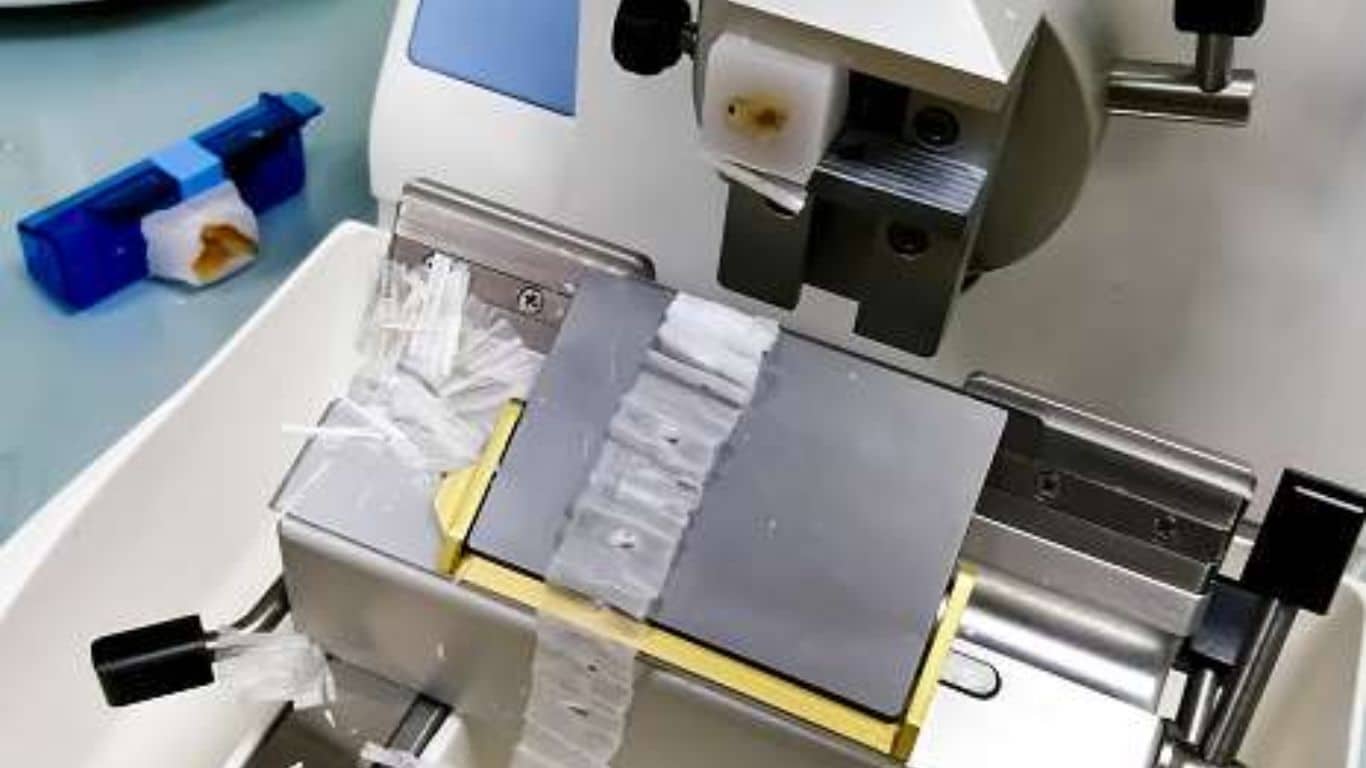Aquarium Fish Industry: The aquarium fish industry has significant potential as a cottage industry, especially in regions where people have easy access to natural aquatic resources, a growing interest in pet ownership, and a strong desire for sustainable, local products.
Let’s explore the scope of this industry in a cottage setting:
Scope of Aquarium Fish Industry
- The ornamental fish breeding and trade has a tremendous scope as a cottage industry.
- Individuals or families could breed popular aquarium species, such as guppies, goldfish, bettas, or tetras, in small tanks or ponds.
- Breeding can be done on a modest scale and requires relatively low investment in infrastructure, such as tanks, filtration systems, and heating equipment.
- Cottage industries can focus on breeding native fish species or adopting sustainable, eco-friendly practices.
- It requires very small investment only of a couple of thousand rupees initially.
- The money automatically gets generated by the sale of the fish and aquarium accessories.
- Cottage industry participants could manufacture aquarium accessories like decorative items (rocks, plants, substrates), fish food, or aquarium maintenance tools (siphons, algae scrapers).
- The further expansion of the business does not require funding through loans etc from the financial institutions.
- The whole set-up could be accommodated in the backyard of the cottage. Providing services to set up and maintain aquariums (both for hobbyists and businesses like hotels or offices) can be a niche opportunity within the cottage industry.
- It allows people to generate income by leveraging their skills without needing a large-scale operation.
- The amount of water required is also not much.
- Training of a month or so could equip the entrepreneur to start this business. Later, by practice and experience he or she becomes an expert aquarium fish breeder and even trader.
- Ornamental fishes are very easy to breed and even maintain.
- The demand for rare and exotic aquarium species is growing, and a cottage industry could thrive by specializing in these more unique fish breeds that aren’t readily available in large pet stores.
- Besides, the making of the aquarium fish food from the locally available ingredients, fabrication of different sizes of glass aquaria, small dip-nets, sale of the bottom material in the form of small round stones, coloured gravel, marble chips, plastic toys and even the air diffusers and aerators can be collected and stored or manufactured at the cottage level.
- The learner does not require any special formal education.
- Many aquarium enthusiasts seek guidance and learning resources, and a cottage industry could capitalize on this by providing educational services, such as local workshops, online tutorials, or written content about aquarium fish breeding, care, and tank management.
- Hobbyist-oriented online stores could also support this market, offering curated selections of fish, supplies, and educational resources.
- The cottage aquarium industry can help strengthen local communities by providing jobs and small-scale income opportunities. It can also encourage local sustainable practices, like water conservation, recycling, and organic fish food production.
- Local businesses could form cooperative networks for sharing resources, tools, and expertise, leading to a more robust regional industry.
- Small-scale breeders may contribute to conservation efforts by raising awareness about endangered fish species or taking part in breeding programs for at-risk aquatic life. This can align with the growing interest in preserving biodiversity and supporting ethical, low-impact production models.
- Ornamental fish trade is a multi-million rupees industry in India and virtually multibillion dollar industry in the world. Financial institutions like NABARD, and National Fisheries Board support this industry as a cottage venture.
- Kolkata, Mumbai, Chennai, Kochi are the main business centres for this industry who get their supplies from the small entrepreneurs.
In conclusion, the aquarium fish industry as a cottage industry holds significant promise due to its potential for sustainability, niche market development, local economic growth, and environmental benefits. With the right approach to breeding, customer education, and sustainable practices, this industry could thrive in both local and global markets.

